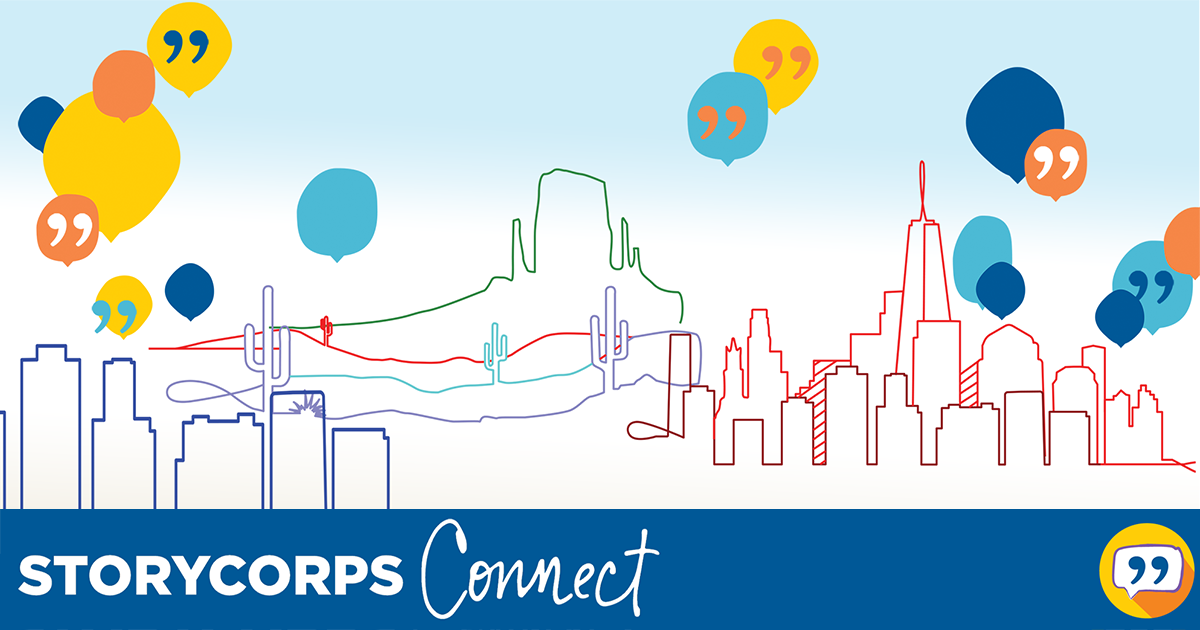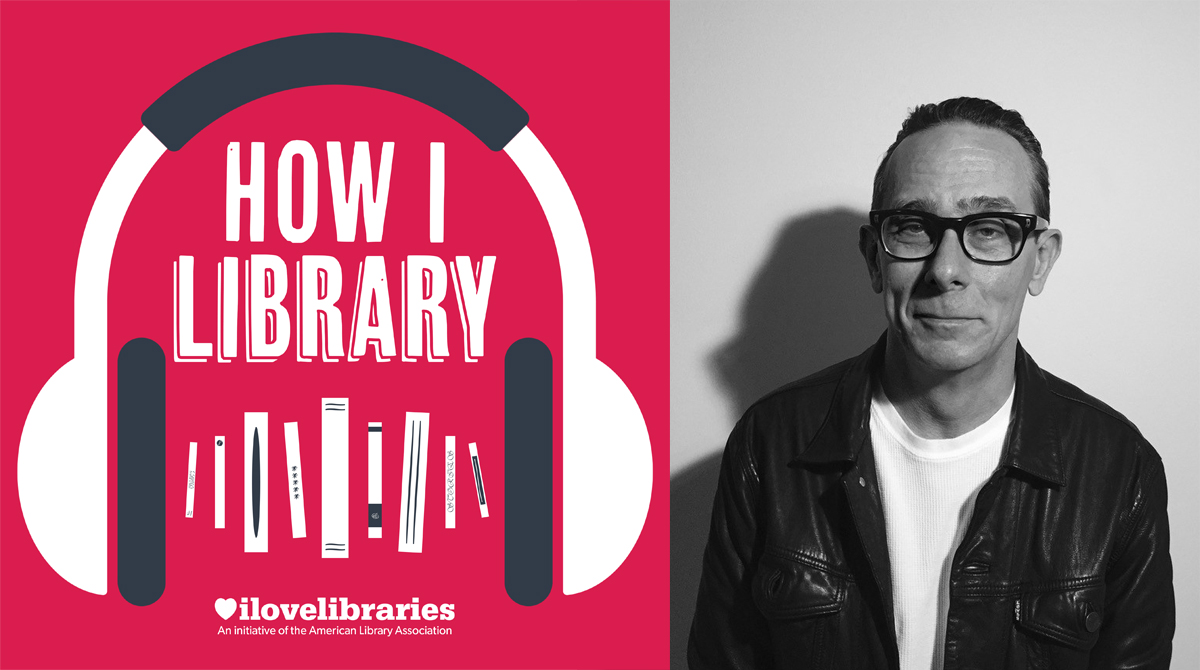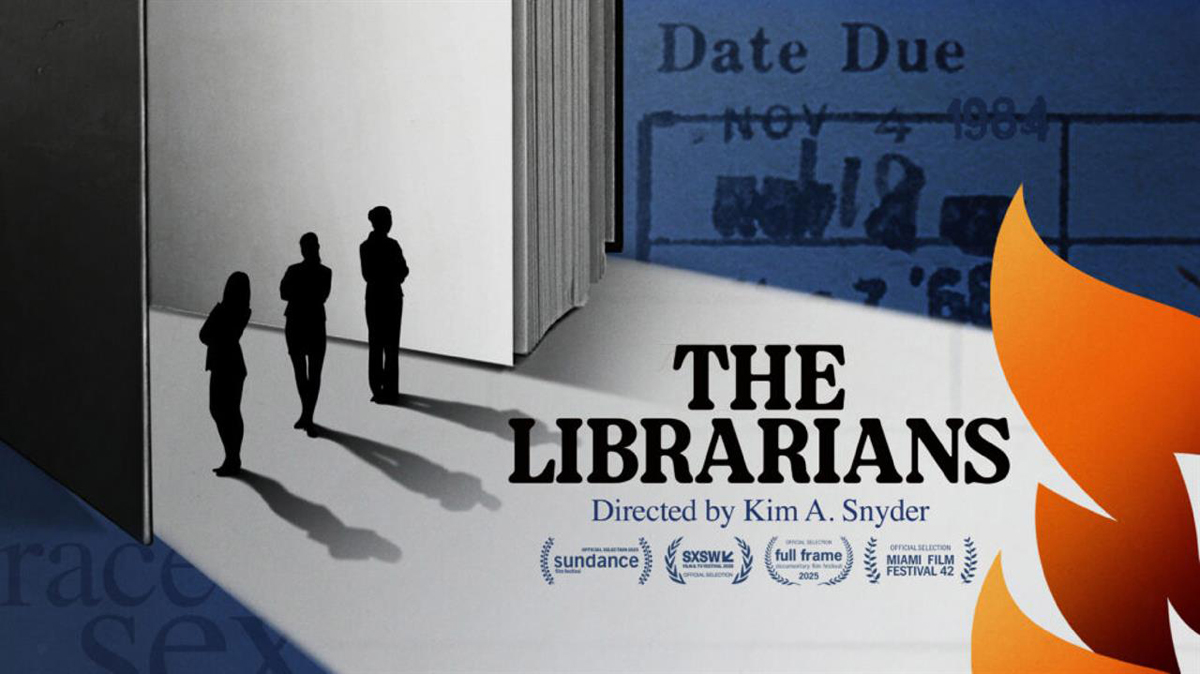With millions of people social distancing to curb the spread of COVID-19, many of us are experiencing loneliness and isolation. That’s why the American Library Associations is partnering with StoryCorps—the award-winning nonprofit dedicated to recording, preserving, and sharing interviews between Americans and their loved ones—to launch StoryCorps Connect, an interactive platform for recording stories remotely.
Since 2003, StoryCorps has brought together thousands of people for intimate, face-to-face conversations about their lives and memories. During the coronavirus crisis, these in-person interviews aren’t always possible, but storytelling and human connection remain as important than ever. With that in mind, the StoryCorps Connect project provides free technology that anyone can use to record conversations with their loved ones. Like all StoryCorps interviews, the recordings from StoryCorps Connect will be preserved and cataloged in the American Folklife Center at the Library of Congress for future generations to explore.
Dave Isay, Founder and President of StoryCorps, recently spoke with I Love Libraries about the project, the pandemic, libraries, and more:
What makes storytelling so important during the COVID-19 pandemic?
I think of StoryCorps as being more about listening than storytelling; listening reminds us that we matter and won’t be forgotten. Especially at a moment like this, when we’re under such stress and aware of how tenuous life is, being honored by being listened to is important. When you’re faced with a pandemic like this, the urgency of having these sorts of conversations is more apparent than ever.
StoryCorps Connect launched in public beta in April. How has the response been so far? Could you share any highlights from the first batch of story recordings?
We’ve had 600,000 people do StoryCorps face-to-face, but when the pandemic hit, we realized this wasn’t going to work anymore—but the act of being listened to is more important than ever. Our digital team pivoted quickly and created this platform, StoryCorps Connect, which makes it possible to record with a loved one by listening to them remotely. The technology is beautiful, and we’re seeing a very rapid uptake in interviews. As with StoryCorps, it’s every kind of conversation that you can imagine. People talk about COVID, but more than anything, they talk about what matters to them—their families, people who meant a lot to them, people who were kind to them, people who died, how they want to be remembered. It’s everything from young people talking to grandmothers to health care workers talking to each other.
These conversations will be preserved at the American Folklife Center at the Library of Congress. How do you see future generations using the StoryCorps Connect recordings created during the pandemic?
StoryCorps, because of the nature of these conversations, is collecting the wisdom of humanity. I’ve always thought that people who have lived through really difficult things are the keepers of wisdom in our world, and we’re all living through something really difficult right now. Studs Terkel used to talk about “bottom-up history”: history through our voices and stories. The history through what we hear from politicians and journalists is important, but there’s also a very visceral way to learn about history through the voices of everyday people. That’s what will be preserved in these interviews in the Library of Congress. But I also want to stress that so much of StoryCorps Connect is about the present—it’s really this act of generosity and love with another human being. In the present moment, it helps people deal with loneliness and isolation; it reminds them that their lives matter and gives them a chance to pass some wisdom from one generation to the next.
What role can libraries play in facilitating the community conversations and storytelling that are central to the StoryCorps Connect project?
We love libraries, and we would love to see libraries all over the country let their communities know about StoryCorps Connect. Schools can know that students can use this interface as a stay-at-home project and interview grandparents about what’s going on with COVID and about their lives; maybe libraries can help coordinate volunteers interviewing people in nursing homes who don’t have anyone to talk to. There are a million different ways that libraries can work with StoryCorps Connect, and truly nothing would make me happier than seeing libraries across the country activating to become part of this effort to honor American stories during this historic moment.
The StoryCorps Connect platform was created in response to the unique challenges of life during COVID-19, but might people continue to find use for it even after social distancing ends?
Once the pandemic is over, this opens up the possibility for people who aren’t in the same physical space to do StoryCorps interviews with one another—so if you have a grandparent who lives overseas somewhere, you can do a StoryCorps interview with them. Every day, people always say to me, “I wish I had interviewed my father, but I waited too long.” With StoryCorps Connect, there’s no reason to wait. The awareness of the pandemic and the fragility of our lives reminds of us of the importance of saying the things that matter to the people that matter to us.
Visit the StoryCorps Connect webpage to learn more and record your own remote interview. Plus, make sure to check out these animated videos of classic StoryCorps conversations relating to libraries: “The Temple of Knowledge,” “The Bookmobile,” and “The Treasures of Mrs. Grady’s Library.”




